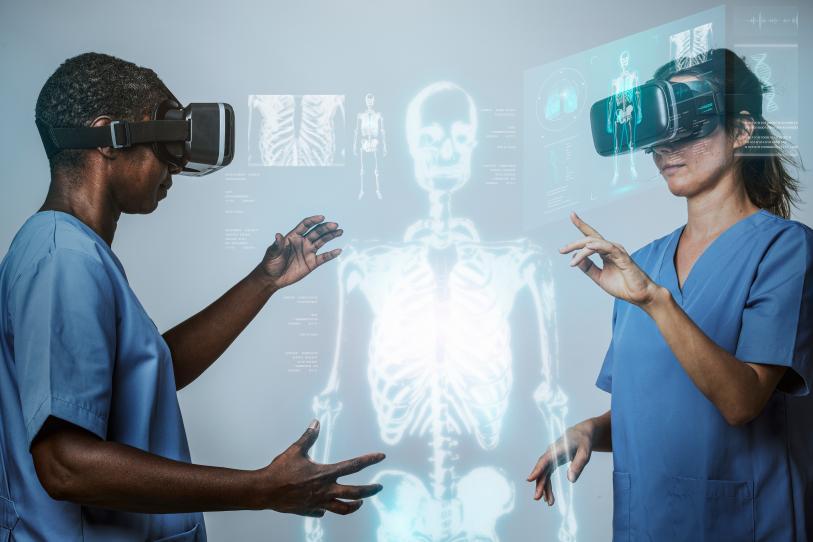Africa-Press – Eritrea. United Nations High-level Advisory Body on Artificial Intelligence has finally released its report.
The report dubbed “Governing AI for Humanity” outlines a blueprint for addressing AI-related risks and sharing its transformative potential globally.
Its release follows months of consultations with various stakeholders, including professional from across the globe, on how AI can be best used.
The seven recommendations will be discussed during the ongoing UN summit.
The 39-member advisory body was created in October 2023, to address issues in the international governance of AI.
Members include tech company executives, government officials from Spain to Saudi Arabia, and academics from countries such as the US, Russia and Japan.
Sony Chief Technology Officer Hiroaki Kitano, OpenAI CTO Mira Murati and Microsoft Chief Responsible AI Officer Natasha Crampton were among the executives representing technology companies. Representatives also came from six continents with diverse backgrounds.
The advisory body in its recommendations now wants an independent international scientific panel on AI created, made up of diverse multidisciplinary experts.
It will provide impartial and reliable scientific knowledge about AI and address the information balance between AI labs and the rest of the world.
“Producing quarterly thematic research digests on areas in which AI could help to achieve the SDGs, focusing on areas of public interest which may be under-served; and Issuing ad hoc reports on emerging issues, in particular the emergence of new risks or significant gaps in the governance landscape.”
It also recommends an intergovernmental and multi-stakeholder policy dialogue on AI governance, which will share best practices on AI governance that foster development and promote common understandings on the implementation of AI governance measures.
The advisory body recommended creation of an AI standards exchange to develop and maintain a register of definitions and applicable standards for measuring and evaluating AI systems, as well as Identifying gaps where new standards are needed.
It also wants an AI capacity development network to catalyse and align regional and global AI capacity efforts, and make available trainers, and AI training data across multiple centres to researchers and social entrepreneurs seeking to apply AI to local public interest use cases.
The UN body wants a global AI fund established to address gaps in capacity and collaboration. The funds will be managed by an independent governance structure and will come from financial and in-kind contributions from public and private sources.
It also calls for the formation of a global AI data framework to ensure transparency and accountability. This will help establish common standards around AI training data provenance and use.
It further calls for setting up of a small AI office to support and coordinate the implementation of the set recommendations. It should be based within the Secretariat, and reporting to the Secretary General.
The office will also advice the Secretary-General on matters related to AI, coordinating with other relevant parts of the United Nations system to offer a whole-of-UN-response.
For More News And Analysis About Eritrea Follow Africa-Press







